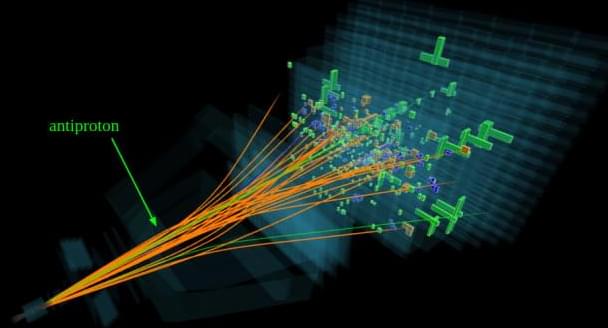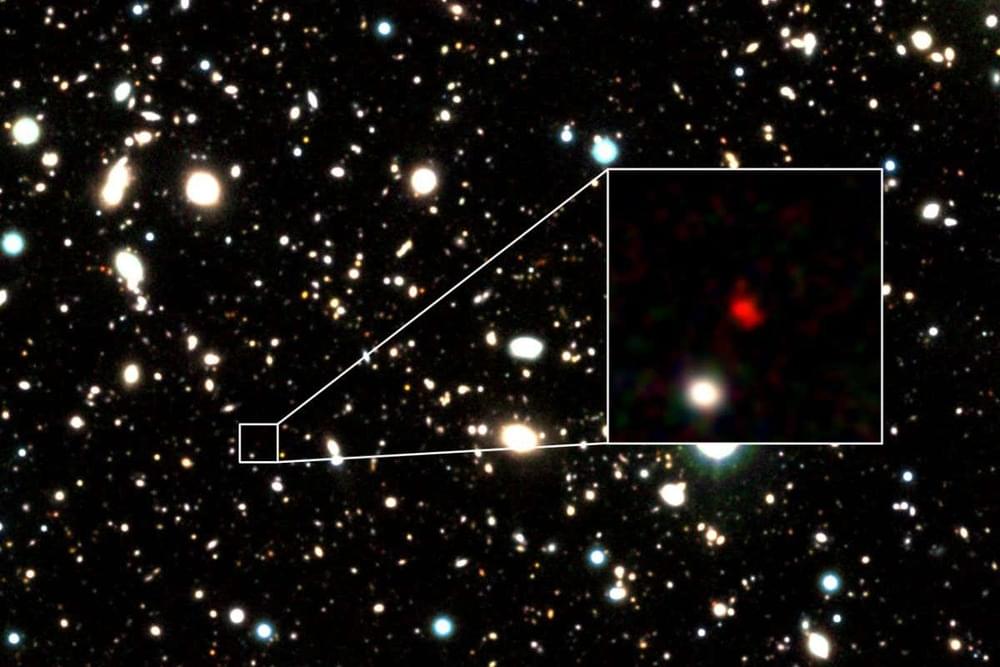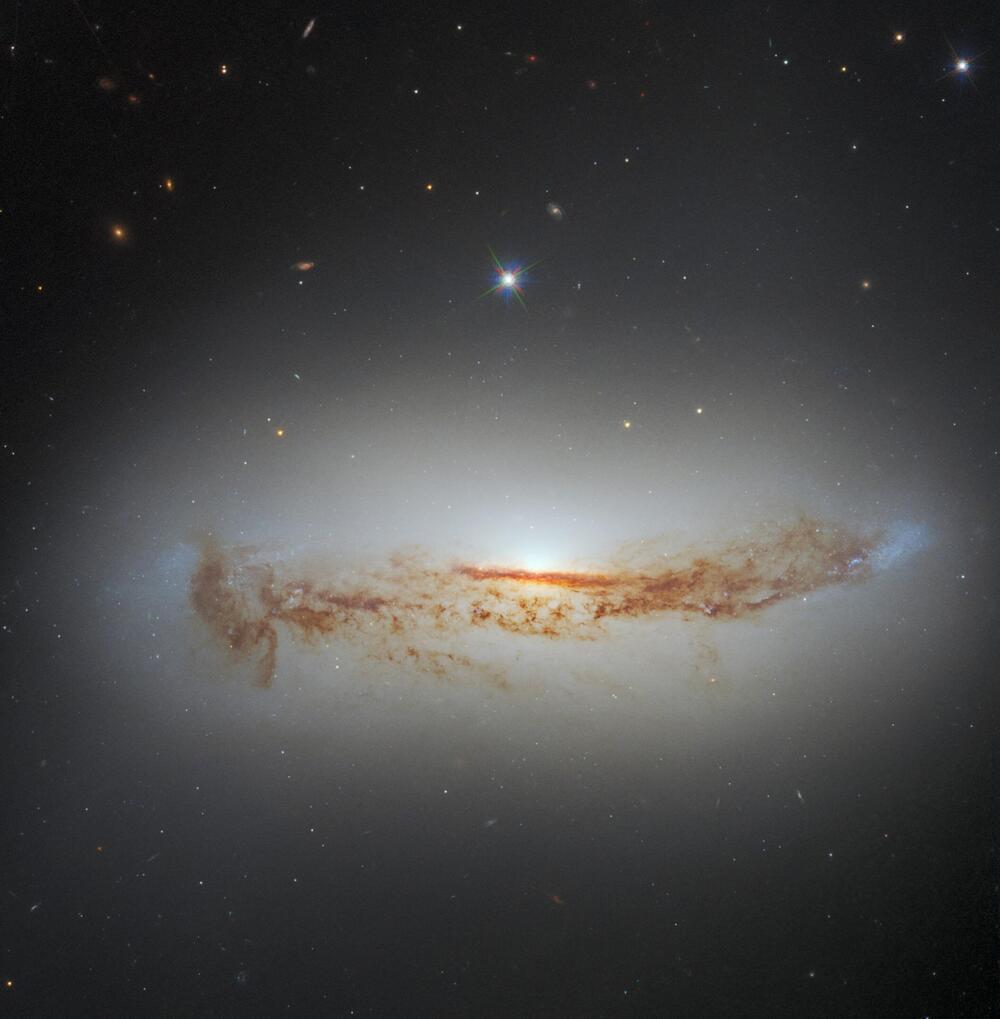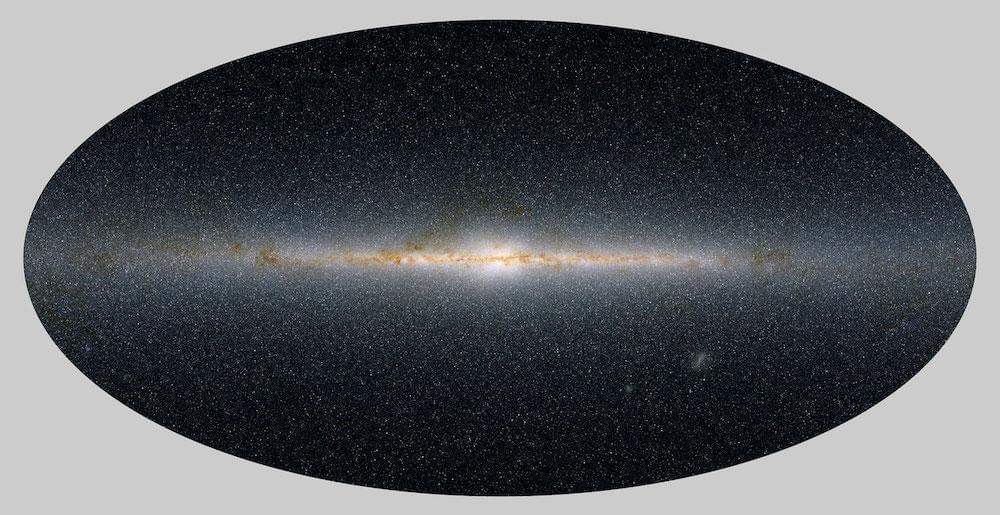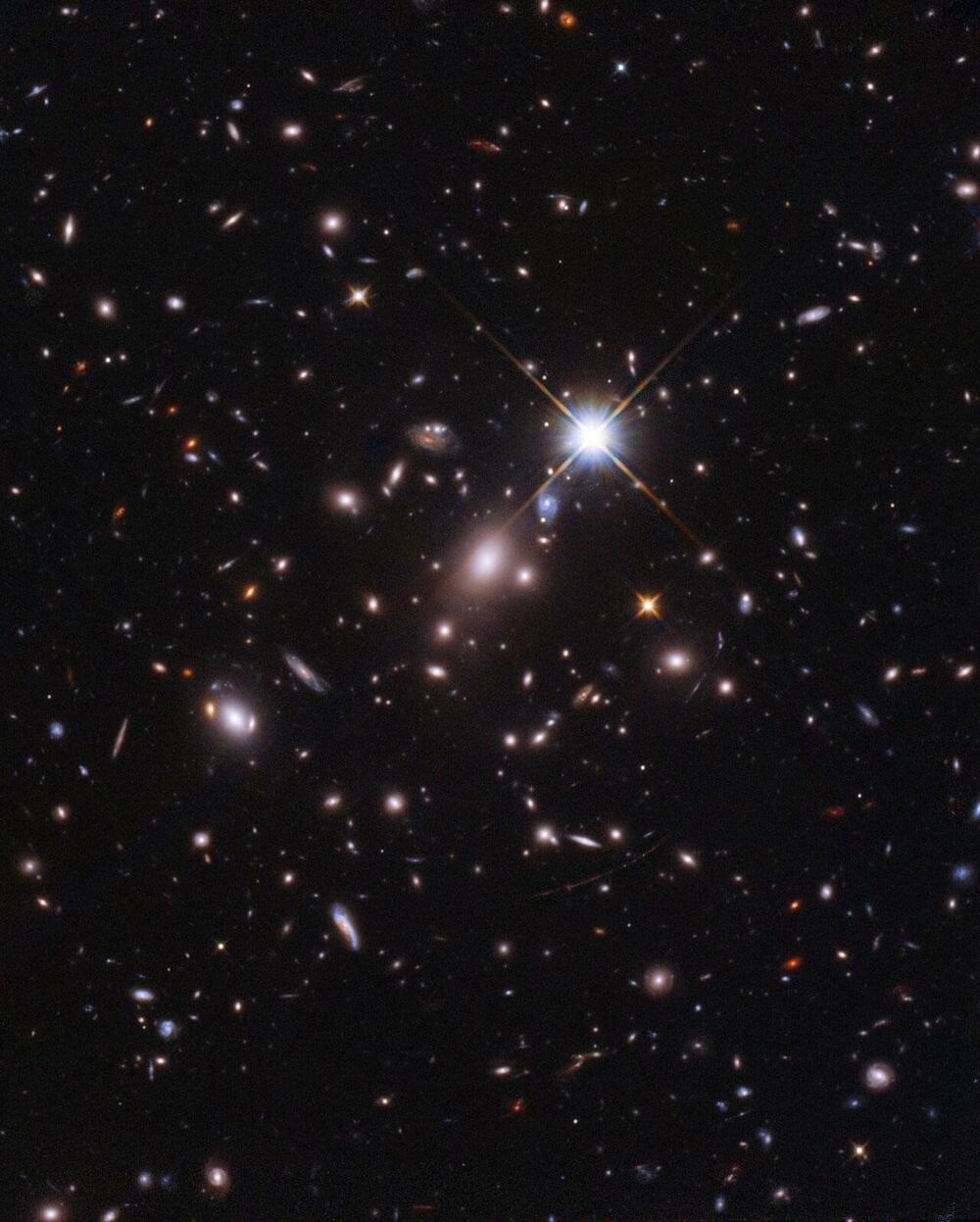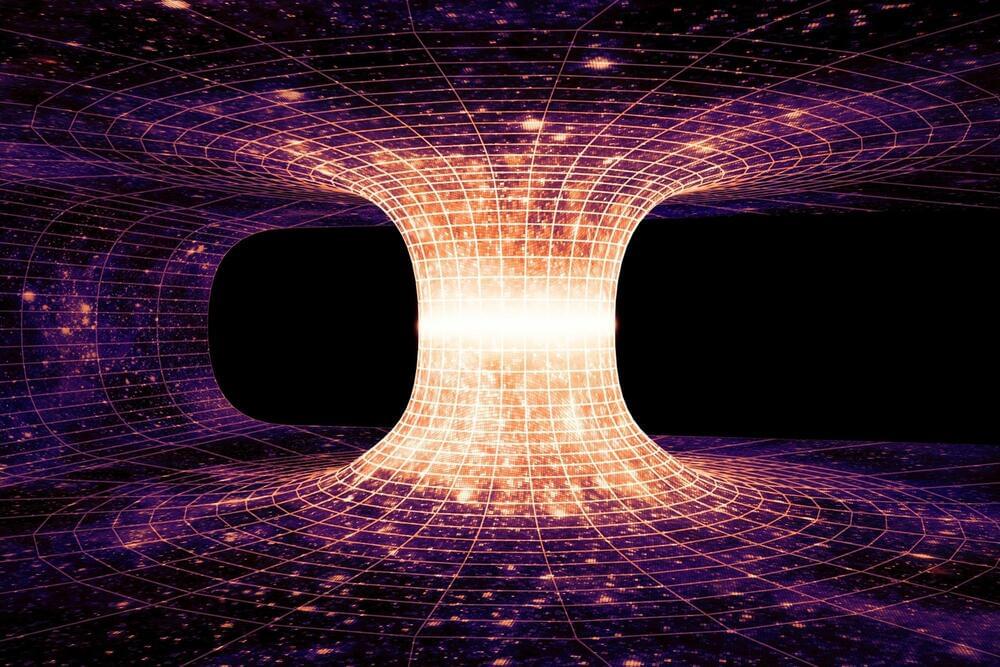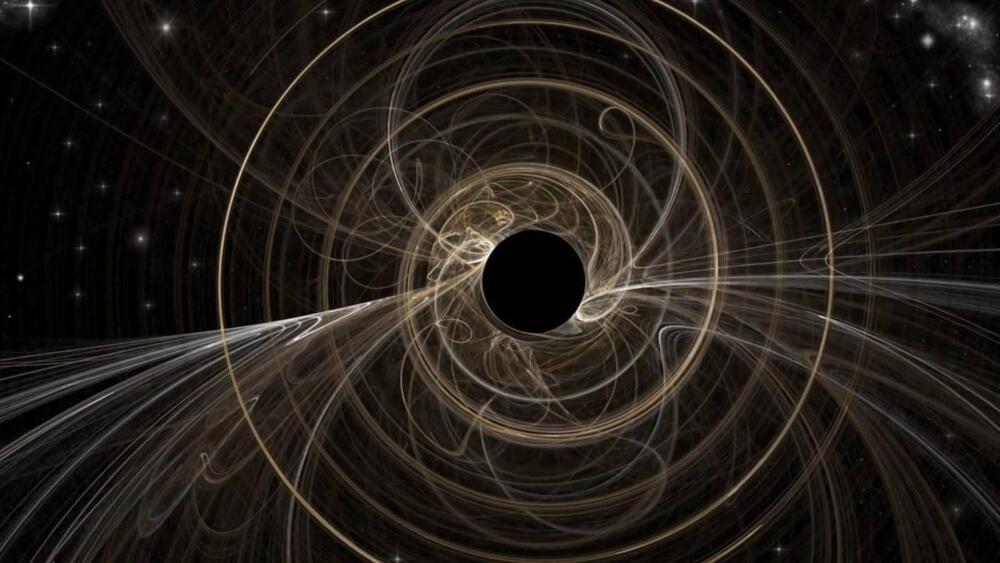Apr 7, 2022
LHCb reveals secret of antimatter creation in cosmic collisions
Posted by Shubham Ghosh Roy in categories: cosmology, particle physics
At the Quark Matter conference today and at the recent Rencontres de Moriond conference, the LHCb collaboration presented an analysis of particle collisions at the Large Hadron Collider (LHC) that may help determine whether or not any antimatter seen by experiments in space originates from the dark matter that holds galaxies such as the Milky Way together.
Space-based experiments such as the Alpha Magnetic Spectrometer (AMS), which was assembled at CERN and is installed on the International Space Station, have detected the fraction of antiprotons, the antimatter counterparts of protons, in high-energy particles called cosmic rays. These antiprotons could be created when dark-matter particles collide with each other, but they could also be formed in other instances, such as when protons collide with atomic nuclei in the interstellar medium, which is mainly made up of hydrogen and helium.
To find out whether or not any of these antiprotons originate from dark matter, physicists therefore have to estimate how often antiprotons are produced in collisions between protons and hydrogen as well as between protons and helium. While some measurements of the first have been made, and LHCb reported in 2017 the first-ever measurement of the second, that LHCb measurement involved only prompt antiproton production – that is, antiprotons produced right at the place where the collisions took place.
